Reducing Paperwork to Focus on Learning
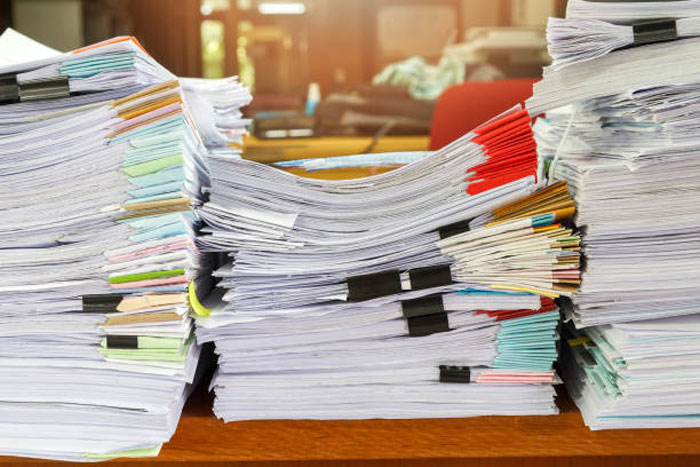
As early years educators, our primary goal is to support the learning and development of young children. To do this effectively, we need to engage with them and understand their individual needs, interests, and abilities.
Ofsted themselves have officially talked about the need to reduce paperwork in the "Get help to improve practice" guide.
One way to do this is by reducing unnecessary paperwork and focusing on high-quality interactions with children. The new early years foundation stage (EYFS) framework recognises this and aims to reduce the amount of paperwork required, so educators can spend more time engaging with children.
Ofsted inspectors also prioritize the quality of interactions and assessments over excessive paperwork. They understand that children learn best from engaging with adults, and they do not want the assessment process to take educators away from this important work. Instead of looking at information about children, inspectors will want to discuss their progress and learning with educators.
This does not mean that paperwork and record-keeping are unimportant. They can provide useful information and help us understand children's learning and development. However, they should not be the main focus of our work. We should use them as tools to support children's learning, rather than letting them dictate our interactions with children.
Checkpoints, Not Checklists
Instead of producing a lot of tracking data and documentation, or following checklists, focus on gathering useful information. In 'Development Matters', the non-statutory curriculum guidance, there are 'checkpoints' that can be used to reflect on children's development in the three prime areas. These checkpoints will help you understand what children are doing well and where they may need more support. The prime areas provide a strong foundation for children's development.
Understanding Your Children
To understand the children at your setting and their starting points, it's important to have regular, informal conversations with them and observe their behaviour and interactions with their environment and with other children. This can give you a better understanding of their interests, abilities, and any challenges they may be facing.
Reflecting on your own experiences and observations can also help you assess the children's learning and development, and inform your approach to supporting them. Additionally, using your professional knowledge and expertise can help you identify areas where the children may need additional support.
Overall, ongoing, formative assessment can help you make informed decisions about how to support the children's learning and development without relying too heavily on formal assessments or paperwork. By regularly gathering and analysing information about the children, you can tailor your teaching and support strategies to meet their individual needs and help them reach their full potential.
Parent Partnership
Ask parents and carers about their child's interests and what they are curious about; utilising "All About Me sheets" is a great way to do this. Ask children to tell you about their learning or observe them if they are not able to tell you.
Share information with parents and carers to gain further insights. Share information with children in an appropriate way and allow them to reflect on their learning. Support them to be aware of their own learning progress.
In summary, reducing unnecessary paperwork can help us focus on what matters most: engaging with and understanding children. This will enable us to provide high-quality support for their learning and development.
Other Articles
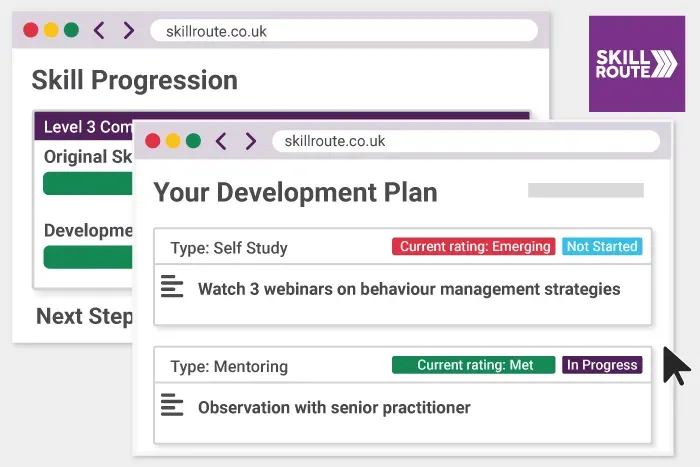
Can My Level 2 Staff Be Left Alone with Children? (2025 Ratio Rules Explained)
May 21, 2025
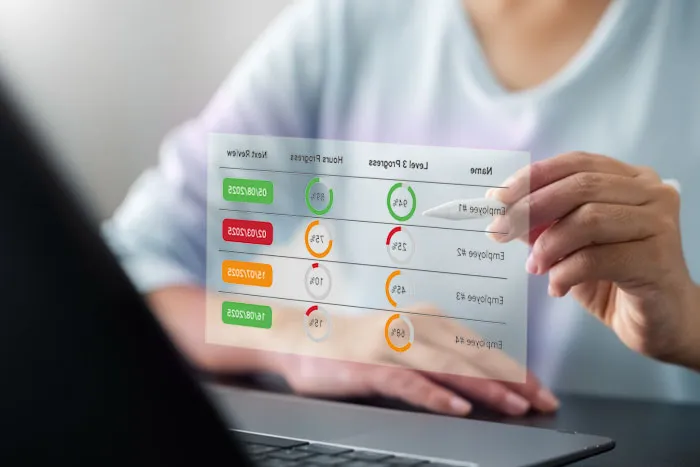
Understanding Ofsted's New Experience-Based Route for Early Years Staff
February 5, 2025
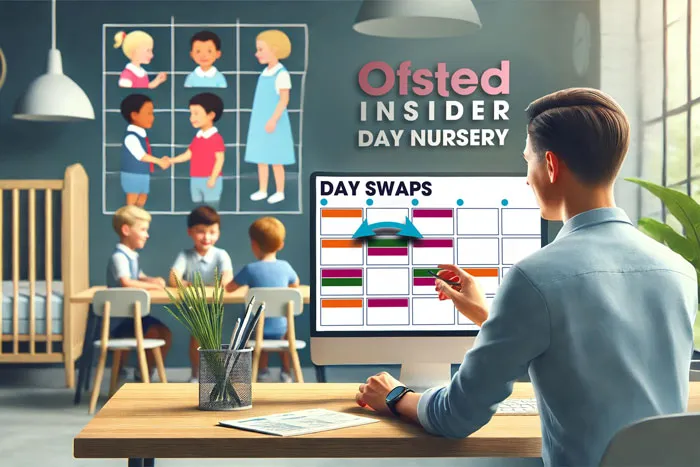
Are Day Swaps a Good Idea for Your Nursery? A Guide for Owners and Managers
December 11, 2024

Ofsted’s Grading Changes: Impact on Nurseries
September 3, 2024
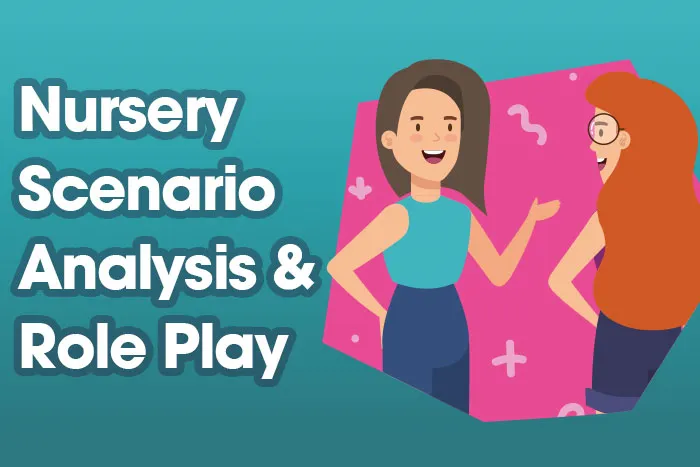
Nursery Staff Meeting Activities: Scenario Analysis and Role-Play
June 18, 2024
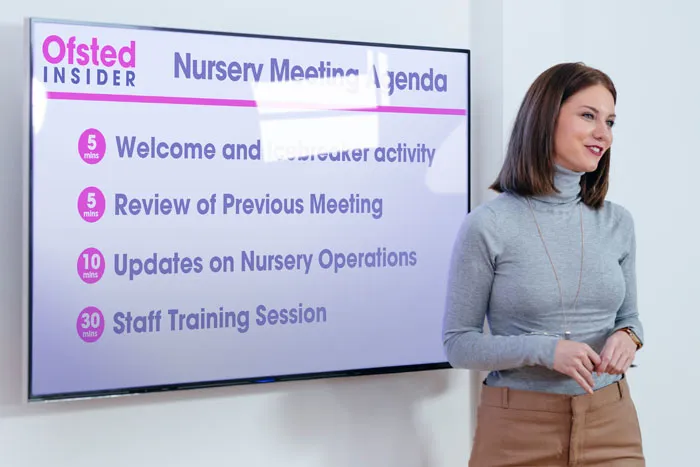
How to Write a Staff Meeting Agenda for Nursery Settings
June 18, 2024
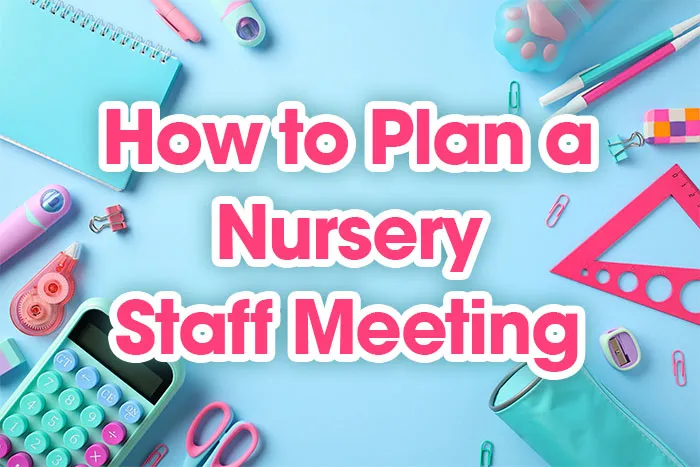
How to Plan a Nursery Staff Meeting
June 18, 2024
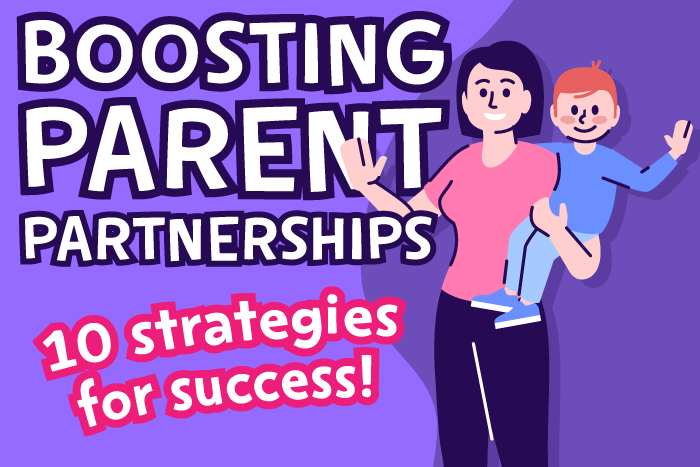
Boosting Parent Partnership: 10 Strategies for Nursery Success
May 10, 2024
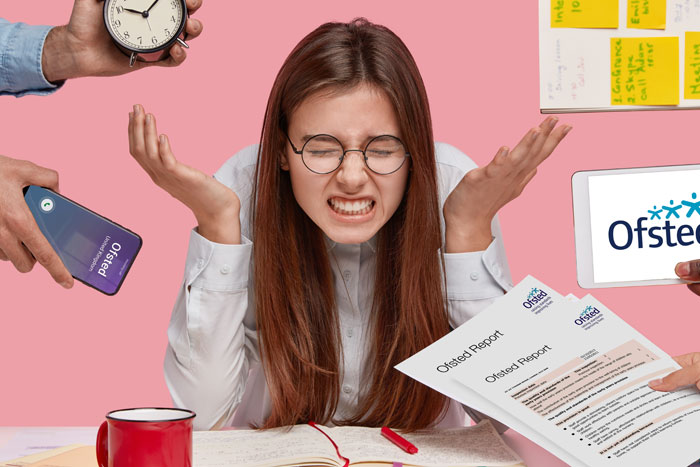
EYFS 2024: What's Changing? Find out and take the quiz!
November 25, 2023

White Noise for Sleeping Babies: Pros, Cons, and Tips
October 24, 2023
 © Copyright 2021 - 2025. All rights reserved.
© Copyright 2021 - 2025. All rights reserved.